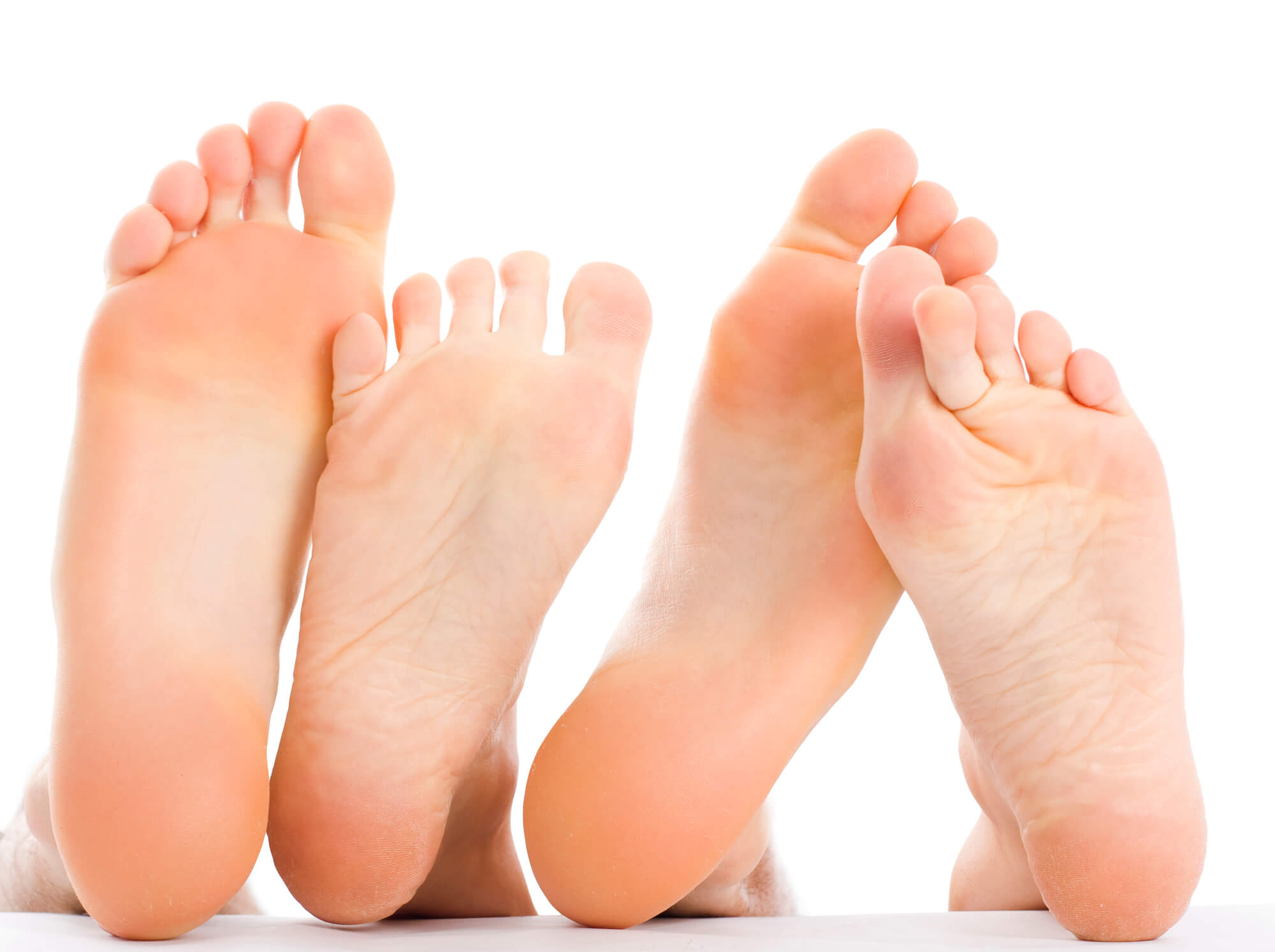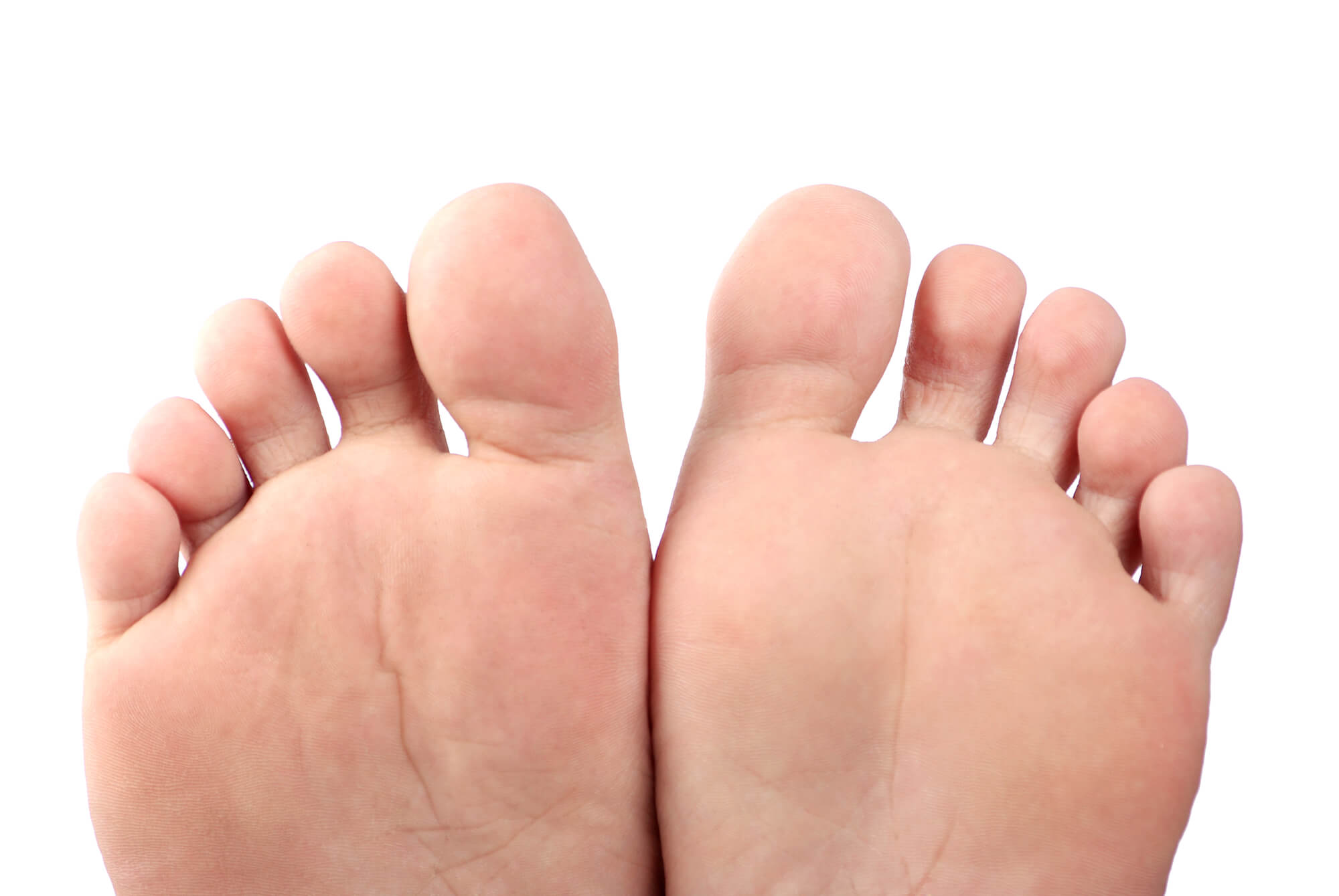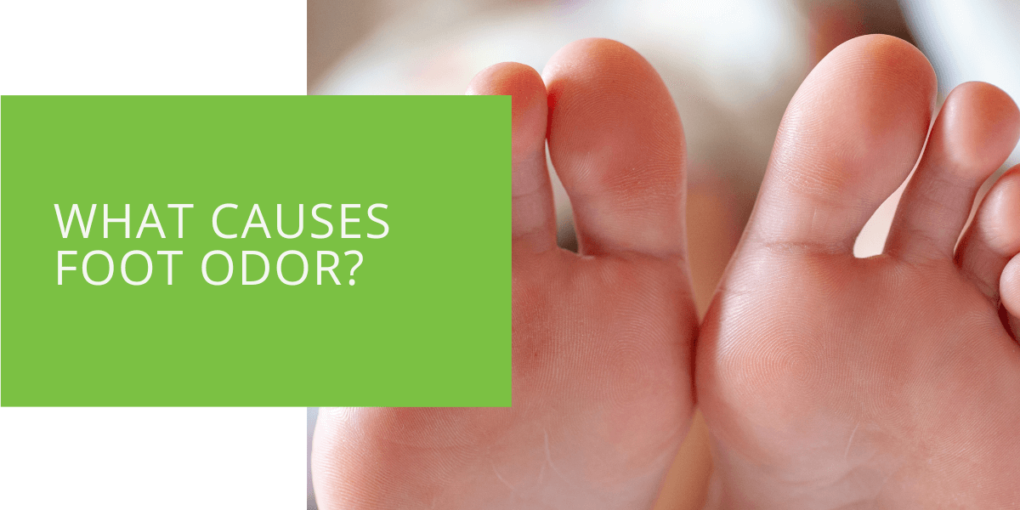What Causes Foot Odor?
Foot odor, also known as bromodosis, is caused by a buildup of sweat and bacteria on the skin, which creates an unpleasant and embarrassing smell. Fortunately, several ways exist to prevent and treat foot odor, from maintaining good foot hygiene to seeking medical treatment when necessary. In this article, we'll explore the causes of foot odor and offer practical tips for preventing and treating this pesky problem.
Factors Contributing to Foot Odor
The main factors contributing to foot odor are sweating, bacteria, fungus, and genetics. Excessive sweating can lead to increased foot sweat, creating a warm and moist environment for bacteria and fungus to thrive. This combination can result in an unpleasant odor that can be difficult to get rid of. Genetics can also play a role in foot odor, with some people being more prone to sweaty feet and body odor.
Sweating
Sweating is a normal and healthy bodily function that helps regulate body temperature. However, the feet are one of the areas of the body that can produce a lot of sweat, especially during warm weather or when engaging in physical activity. When this sweat combines with bacteria on the skin, it creates a perfect breeding ground for foot odor. People with hyperhidrosis, which causes excessive sweating, are prone to foot odor.
Bacteria
Bacteria are present on the skin and in the environment, and when combined with sweat, they can cause foot odor. Bacteria thrive in warm, moist environments, so feet are particularly susceptible to odor. The most common bacteria that cause foot odor are micrococcus sedentarius and brevibacterium, which produce a distinctive and unpleasant smell.
Fungus
Fungus can also contribute to foot odor, particularly in cases of athlete's foot or toenail fungus. These conditions cause inflammation and itching, leading to increased foot sweat and a buildup of bacteria. Fungal infections can also cause thickening and discoloration of the toenails, which can be unsightly and difficult to treat.
Genetics
Genetics can play a role in foot odor, with some people being more prone to sweaty feet and body odor. This is because some people have more active sweat glands than others, which can produce excessive sweat. Additionally, certain medical conditions, like diabetes or thyroid problems, can contribute to foot odor.

Lifestyle and Environmental Factors
In addition to physiological factors, lifestyle, and environmental factors can also contribute to foot odor. Here are some examples of factors that can cause foot odor and how to avoid them:
Wearing the Wrong Types of Shoes and Socks
Wearing shoes and socks made of synthetic materials like nylon or polyester can trap moisture and cause foot odor. Shoes and socks that are too tight can also increase the risk of sweating and odor. To avoid this, choose shoes made of breathable materials like leather, canvas, or mesh that allow air to circulate your feet. Moisture-wicking socks made of bamboo, wool, or cotton blends can also help keep your feet dry and odor-free. Alternating your shoes and socks daily is also a good idea to give them time to dry out.
Poor Hygiene
Poor hygiene, such as infrequent washing or improperly drying feet, can contribute to foot odor. It's important to wash your feet with soap and water daily and dry them thoroughly, especially between the toes. Exfoliating your feet with a pumice stone or foot scrub can also help remove dead skin cells and reduce the risk of bacteria and fungus buildup. It's also important to trim your toenails and avoid sharing towels, shoes, or socks with others.
Certain Occupations and Activities
Certain occupations and activities, such as construction work, nursing, or sports that involve wearing tight-fitting or closed-toe shoes for prolonged periods, can increase the risk of foot odor. If you work in an occupation that requires you to wear work boots or shoes for extended periods, consider wearing moisture-wicking socks or insoles to help reduce sweat and control odor.
Medical Conditions
Medical conditions like hyperhidrosis or fungal infections can also contribute to foot odor. Hyperhidrosis is a medical condition that causes excessive sweating, particularly on the hands and feet. Fungal infections like athlete's foot or toenail fungus can cause inflammation and itching, leading to increased foot sweat and a buildup of bacteria. If you're experiencing persistent foot odor, seeking medical treatment from a podiatrist who can diagnose and treat these conditions with prescription-strength antiperspirants, medications, or other treatments is important.

Prevention and Treatment
The good news is that foot odor can be prevented and treated with some simple steps. The key is to maintain good foot hygiene and take steps to reduce foot sweat and moisture. Here are some tips to prevent foot odor:
Keep Your Feet Clean
Wash your feet with soap and water daily, and thoroughly dry them, especially between the toes. Don't forget to exfoliate your feet with a pumice stone or foot scrub to remove dead skin cells. You can also try using a foot soak made with Epsom salts, tea tree oil, or essential oils like lavender or peppermint to reduce odor and relax your feet.
Wear the Right Shoes and Socks
Choose shoes made of breathable materials like leather, canvas, or mesh that allow air to circulate your feet. Moisture-wicking socks made of bamboo, wool, or cotton blends can also help keep your feet dry and odor-free. Alternating your shoes and socks daily is a good idea to give them time to dry out.
Use Insoles and Antiperspirants
Insoles made of moisture-wicking materials like cork, wool, or charcoal can help to reduce foot sweat and keep your feet dry. Antiperspirant sprays and powders can also help to reduce foot sweat and control odor.
Seek Medical Treatment
If your foot odor is persistent or severe, it may be a sign of a medical condition like hyperhidrosis or fungal infection. A podiatrist can diagnose and treat these conditions with prescription-strength antiperspirants, medications, or other treatments.
Conclusion
Foot odor is a common problem that can be embarrassing and affect self-esteem. However, it's a problem that can be easily prevented and treated with the right measures. Following the tips and advice outlined in this article, you can reduce foot sweat, control odor, and maintain good foot hygiene. Remember to wash your feet daily, wear the right shoes and socks, and seek medical help if your foot odor is persistent or severe. By taking good care of your feet, you can avoid the embarrassment and discomfort of foot odor and enjoy healthy, fresh-smelling feet.

